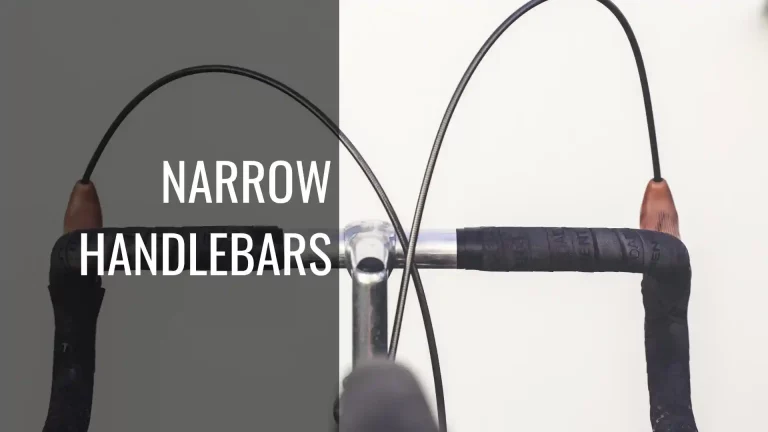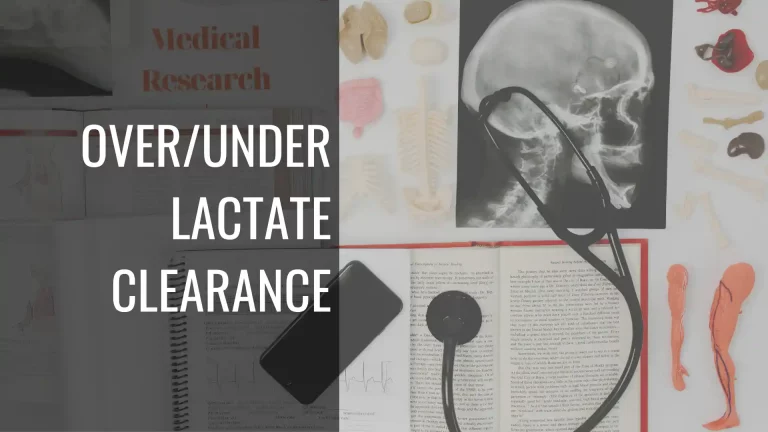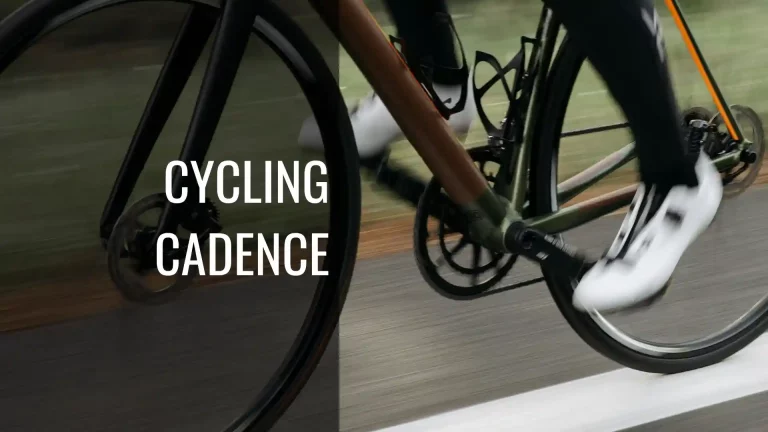
Staying hydrated is essential for overall health, but drinking water can also be a powerful tool for weight loss. In fact, a study in the national library of medicine found increasing your water intake can boost your metabolism, suppress your appetite, and even reduce calorie intake.
By understanding the science behind how water aids in weight loss and incorporating simple strategies into your daily routine, you can effectively use water to support your weight loss goals. I’ve written about the importance of water for muscle growth. So, if you’re looking to shed some pounds and improve your health, read on to learn how water can be your secret weapon in achieving your weight loss goals!
Table of Contents
How Does Drinking Water Impact Weight Loss?
Drinking water can impact weight loss in several ways:
- Boosts metabolism – Drinking cold water can temporarily boost your metabolism, as your body expends energy to warm up the water.
- Suppresses appetite – Drinking water before meals can help you feel fuller and reduce calorie intake, as thirst is often mistaken for hunger.
- Reduces calorie intake – Choosing water over high-calorie drinks like soda or juice can significantly reduce calorie intake and promote weight loss.
- Improves digestion – Water helps flush out waste and toxins from the body, aiding in digestion and preventing constipation, which can contribute to weight loss.
- Increases energy – Dehydration can cause fatigue and low energy, so staying hydrated can help you feel more energetic and motivated to exercise and stay active.
- Aids exercise performance – Drinking water before, during, and after exercise can improve physical performance and prevent dehydration, which can hinder weight loss efforts.
- Reduces water retention – Drinking enough water can help reduce water retention and bloating, which can give the appearance of weight loss.
- Promotes overall health – Drinking plenty of water is essential for overall health, and a healthy body is more likely to lose weight effectively and sustainably.
By incorporating water into your daily routine and replacing high-calorie drinks with water, you can effectively support your weight loss goals and improve your overall health and wellbeing.
When Will I See Results?
The timeline for seeing results from increasing your water intake can vary depending on several factors, including your current hydration levels, diet, and activity level. Here are some general guidelines for when you might see results:
- Increased energy – You may notice an increase in energy levels within a few days of increasing your water intake.
- Reduced bloating – You may notice a reduction in bloating and water retention within a week of increasing your water intake.
- Weight loss – You may start to see modest weight loss within a few weeks of increasing your water intake, especially if you’re also making other healthy lifestyle changes.
- Improved digestion – You may notice improvements in digestion, such as more regular bowel movements, within a few weeks of increasing your water intake.
- Long-term results – The full benefits of increasing your water intake may not be evident for several months, as it takes time for your body to fully adjust and reap the long-term benefits of better hydration.
- Individual variability – It’s important to note that individual results may vary depending on factors such as age, gender, and overall health status.
It’s essential to remember that increasing your water intake is just one part of a healthy lifestyle and that sustainable weight loss requires a combination of healthy eating, regular exercise, and adequate hydration. So, while increasing your water intake may not result in immediate weight loss, it can certainly contribute to long-term health and wellbeing.
Tips for Cutting Soft Drink
If you’re looking to cut back on soft drinks, here are some tips to help you succeed:
- Start slow – Gradually reduce your intake of soft drinks over time, rather than quitting cold turkey.
- Find alternatives – Look for healthier alternatives to soft drinks, such as sparkling water, infused water, or unsweetened tea.
- Avoid triggers – Identify situations or emotions that trigger your soft drink cravings and find alternative ways to cope with them.
- Read labels – Check the sugar and calorie content of soft drinks and choose lower-calorie options if you do indulge.
- Monitor your intake – Keep a journal of your soft drink consumption to help you stay aware of your intake and hold yourself accountable.
- Stay hydrated – Drink plenty of water to stay hydrated and reduce the temptation to reach for a soft drink.
- Find support – Surround yourself with friends and family who support your efforts to cut back on soft drinks and can provide encouragement and accountability.
- Set goals – Set specific, achievable goals for reducing your soft drink intake, and reward yourself when you reach them.
- Avoid “diet” soft drinks – While these may seem like a lower-calorie option, they can still be high in sugar and artificial sweeteners, which can have negative health effects.
- Make it a habit – Gradually incorporate soft drink reduction into your daily routine until it becomes a habit and a natural part of your healthy lifestyle.
Remember that changing habits takes time and patience, so be kind to yourself and take it one step at a time. With persistence and a positive attitude, you can successfully cut back on soft drinks and enjoy the health benefits of a balanced, hydrating beverage intake.
How to Schedule Hydration
Scheduling your water intake can be a helpful way to ensure that you stay properly hydrated throughout the day. Here are some tips to help you schedule your water consumption:
- Set reminders on your phone or calendar to drink water at regular intervals.
- Track your water intake using an app or a simple tally sheet.
- Start your day with a glass of water to jumpstart your hydration.
- Use water breaks to remind yourself to drink throughout the day.
- Carry a water bottle with you to ensure you have water on hand.
- Include water-rich foods in your diet, such as fruits and vegetables.
- Set a daily water goal and reward yourself when you reach it.
- Drink a glass of water before meals to help you feel fuller and avoid overeating.
- Set a cut-off time for drinking water in the evening to avoid disrupting your sleep.
Remember to listen to your body and drink water when you feel thirsty. These tips can help you establish a regular hydration schedule that fits into your daily routine.
Hydrate for Overall Fitness
Drinking water is a simple yet powerful tool for weight loss. It boosts metabolism, suppresses appetite, and reduces calorie intake, all while supporting overall health and wellbeing. By making water a staple in your daily routine, you can lose weight wand maintain in the long long term. So, stay hydrated, and let water be your partner in achieving your fitness goals! Remember: a balanced diet and regular exercise are also crucial components of a healthy weight loss journey. Incorporate water into your daily routine, and watch your body thank you for it! 💪💧
I hope you found this helpful and informative. Check out my recovery foods and tips & solutions posts as well. You can also listen to our podcast episode on hydration.



